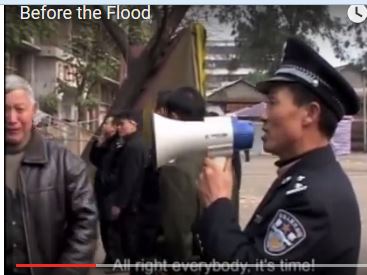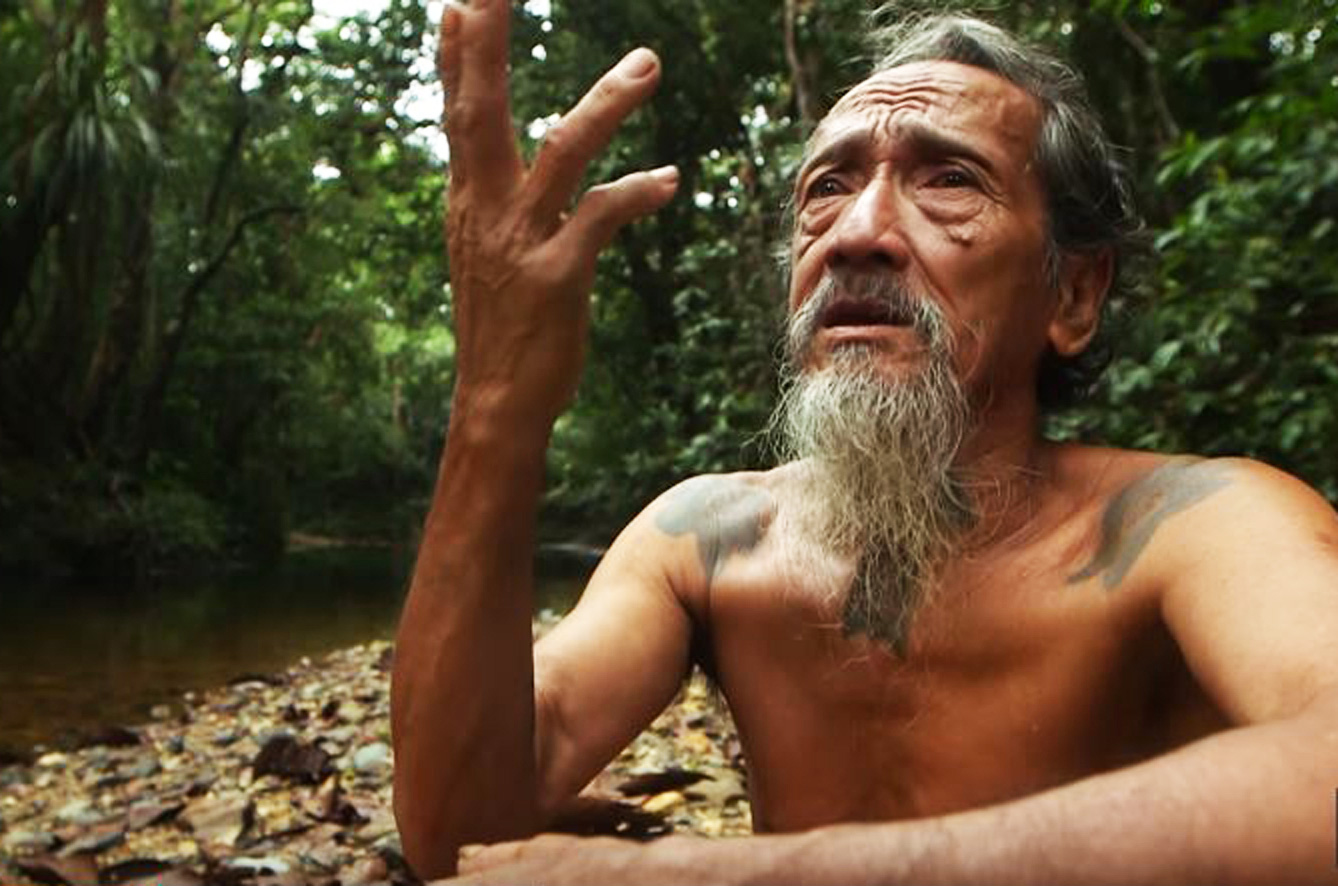Part I. The residents of the ancient Chinese cities of Fengjie clash with…
Yindabad
- Description
- Reviews
- Citation
- Cataloging
- Transcript
View on The Global Environmental Justice site
Curator
This film was selected by Rajashree Ghosh, Resident scholar, Women’s Studies Research Center and lecturer, Environmental Studies program, Brandeis University
Why I chose this film
Yindabad is a poignant chronicle of the dynamic struggles of the displaced indigenous peoples living by the Narmada River in India. This unique film presents compelling facts and lived experiences of people displaced by large development projects. Furthermore, it provides opportunities for debates on gender and displacement and impoverishment in the light of globalization and market forces. Most of all, the film is a potential teaching tool for developing a lens on alternative and emerging people’s movements and scholarship on environmental and social justice.
Teacher's guide
Please see the teacher's guide for maps, background information and suggested subjects, questions and activities.
Synopsis
The Narmada River, the fifth-largest river in India, flows through three states—Madhya Pradesh, Maharashtra, and Gujarat—on its way to the Gulf of Cambay. The total length of the river from source to sea is 1,312 kilometers (815 miles). The film captures the essence of the lives and culture of the indigenous Adivasi who live by the river, showing their inextricable connection with their environment, including the pristine waters of the Narmada.
The construction of the planned 30 large dams, 135 medium, and 3,000 small dams on the river has wreaked havoc on the ecosystem and on the 2.5 million people, mostly indigenous Adivasi, who live by the river. Their land, homes, and livelihood have been submerged underwater. As compensation, many Adivasi, now dispossessed of their ancestral land, have been resettled in areas that bear no resemblance to their native habitat, causing them to lose their livelihood and their cultural identity at the same time.
The documentary shows how activist Medha Patkar has spearheaded a movement of women and men from these indigenous communities. Together, they are committed to bringing about social change and empowerment and preventing further construction of the dams. Taken in a wider context, Yindabad explores the conflict between indigenous communities and a destructive state that promotes corporate development projects that strip the poor of their right to their livelihood.
Environmental Justice Focus
Yindabad draws attention to the key issues in the fraught relationship between development and marginalization. The indigenous population (the Adivasi) of central India have been engaged in a struggle for the past three decades with the Narmada Valley Development Project, a plan to construct hundreds of large to mid-sized dams on the Narmada River. Over 2.5 million people have been displaced by the flooding of forests, cultivable land, and villages.
The indigenous women and men find their role as erstwhile custodians of ancestral land and biodiversity dismissed. The film illustrates that forced displacement is the result of market-induced injustice, the apathy of the government, and the power and influence of large corporations. In presenting people’s lived experiences, their loss of livelihood, and the denudation of the environment, the film gives them a voice and visibility critical in providing avenues for knowledge and change.
Related Films
From the rainforests of Papua New Guinea to Canada’s tar sands, Standing…
Five short films from Indigenous communities across Indonesia show their…




